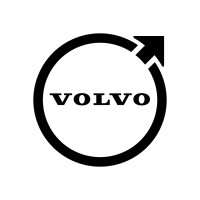
Bridgestone Americas
Bridgestone Americas, Inc. (BSAM), headquartered in Nashville, Tennessee, and Bridgestone Europe, Middle East and Africa (BSEMEA), headquartered in Brussels, Belgium, operate collectively as a “Bridgestone West” strategic region. This region services the strategic business needs of teams across the Americas, Europe, Middle East and Africa. BSAM and BSEMEA are subsidiaries of Bridgestone Corporation, globally headquartered in Japan. Bridgestone and its subsidiaries develop, manufactures and markets a diverse portfolio of original equipment and replacement tires, tire-centric solutions, mobility solutions and other rubber-associated and diversified products that deliver social and customer value. These best-in-class offerings are sold to consumers and fleet customers around the world under the trusted Bridgestone and Firestone brand names. With more than 50 production facilities and 55,000 employees, the Bridgestone Americas (BSAM) enterprise spans from Canada to Argentina. Business units of Bridgestone Americas include Bridgestone Retail Operations, the world’s largest network of company-owned retail tire and automotive service centers; Bandag, a leader in commercial tire retreading worldwide and Firestone Industrial Products, a leading provider of technologically advanced air springs for commercial and passenger vehicle applications. At Bridgestone, you are Free to Be We believe people can only provide superior service and quality to others when they bring their whole self to work. We believe in championing all perspectives, individuals and teams because we understand the importance of seeing the world and our business through many different lenses. We are building a team as diverse as the world we serve. So, show us what you are made of, because who you are is what we need. To view our terms of use, visit https://www.bridgestoneamericas.com/en/terms-of-use.






